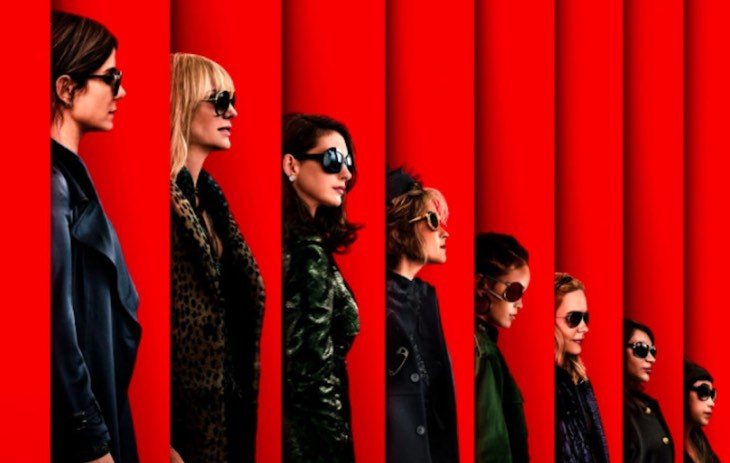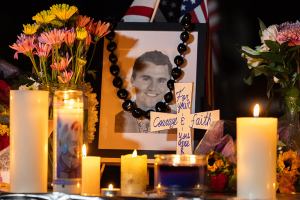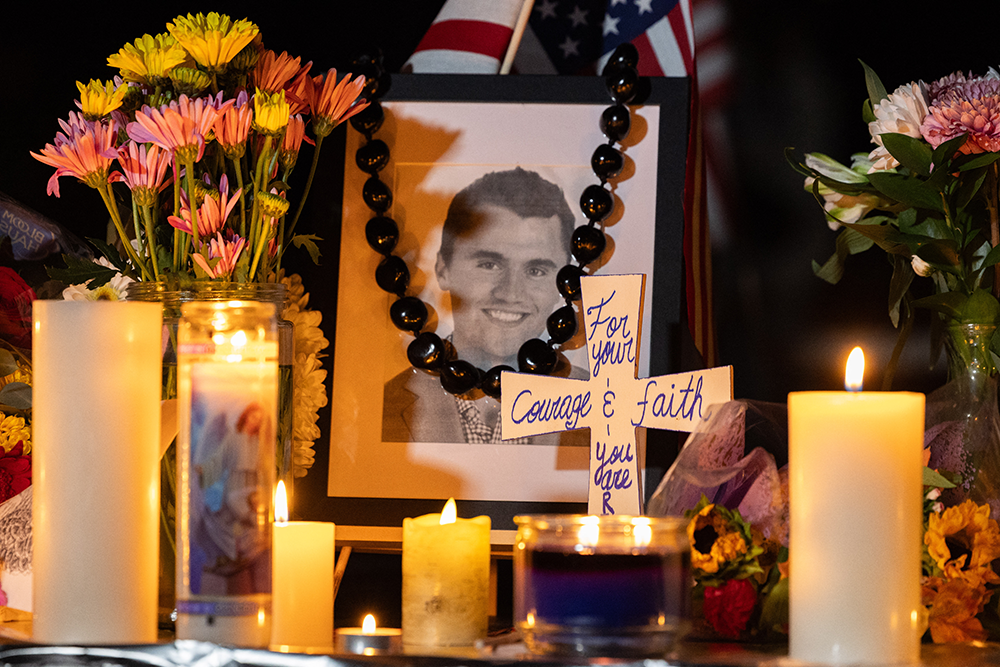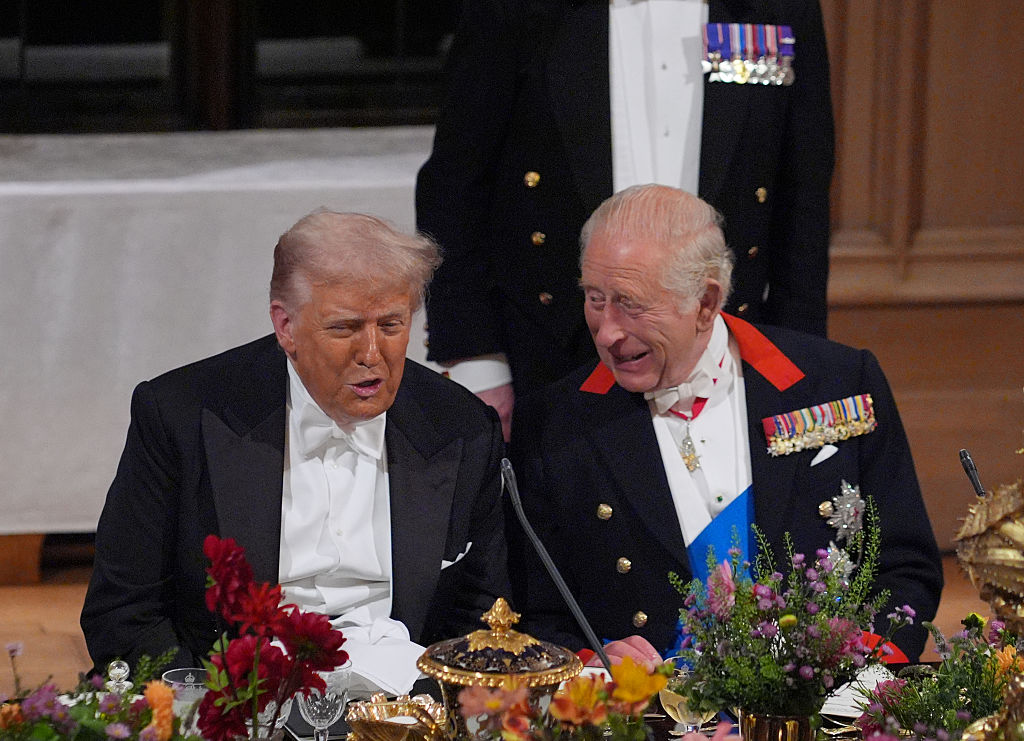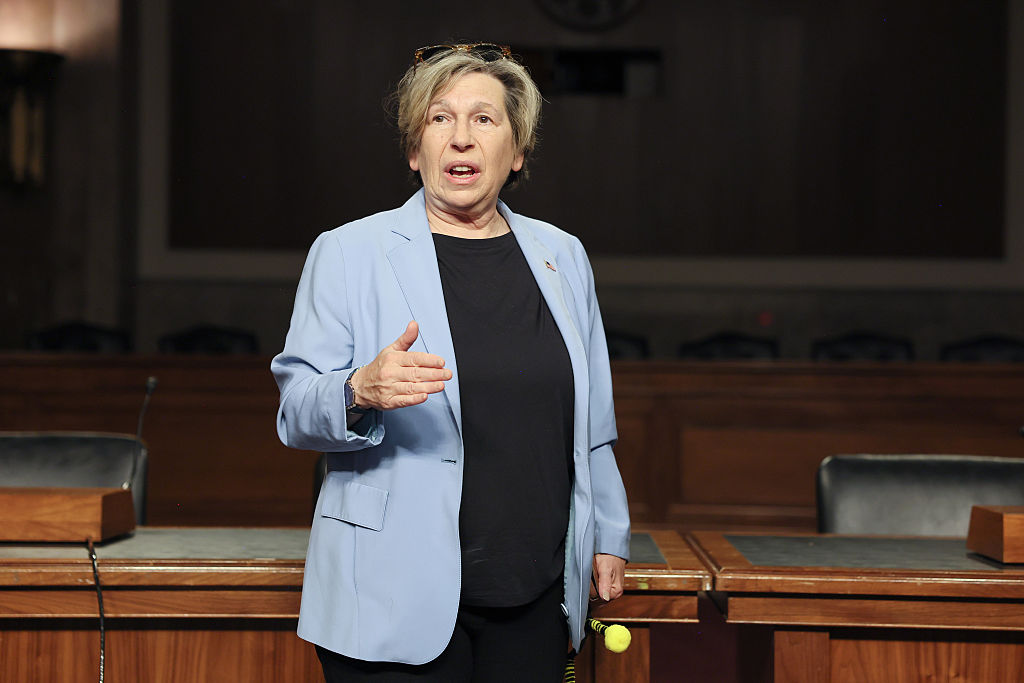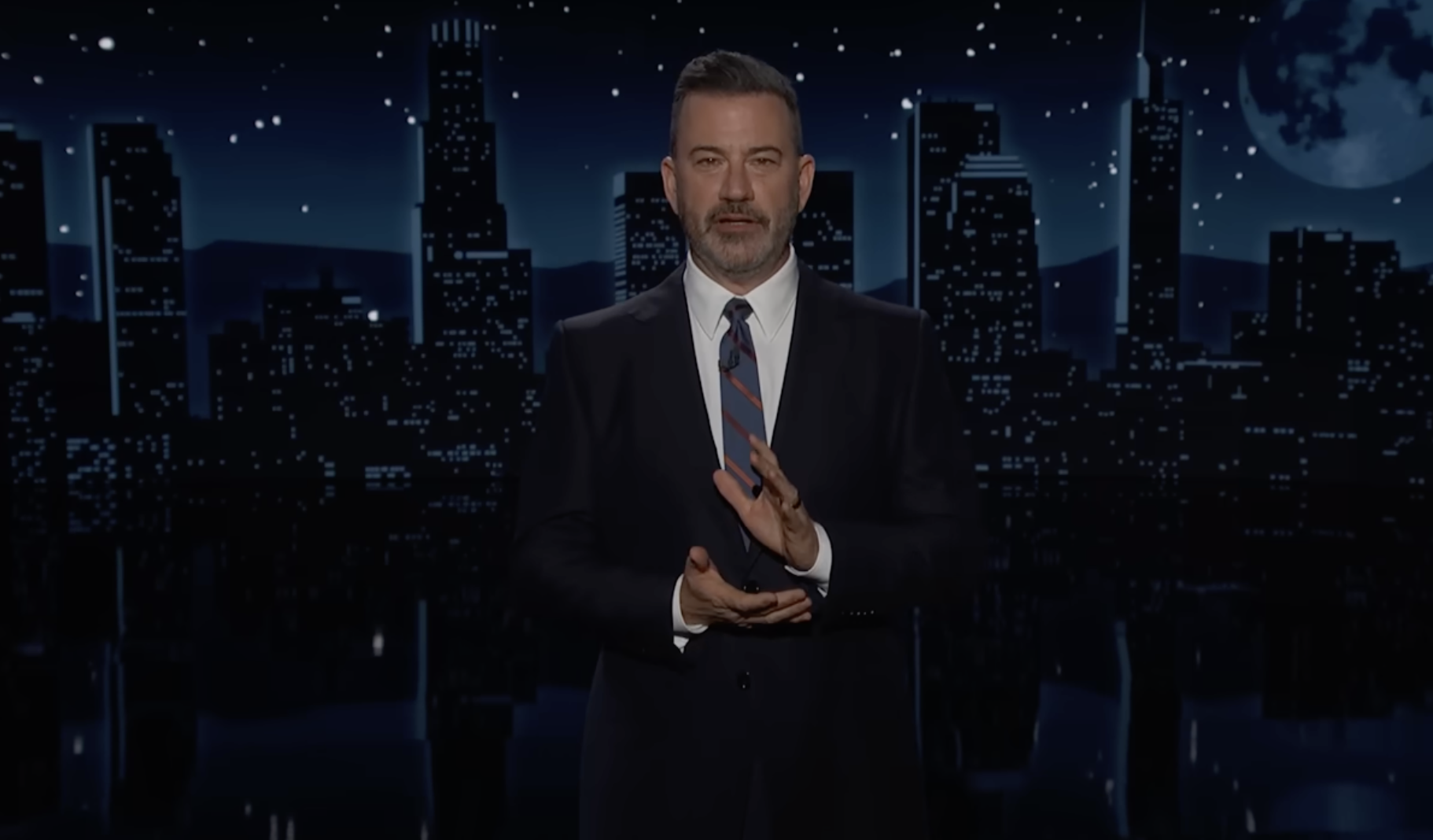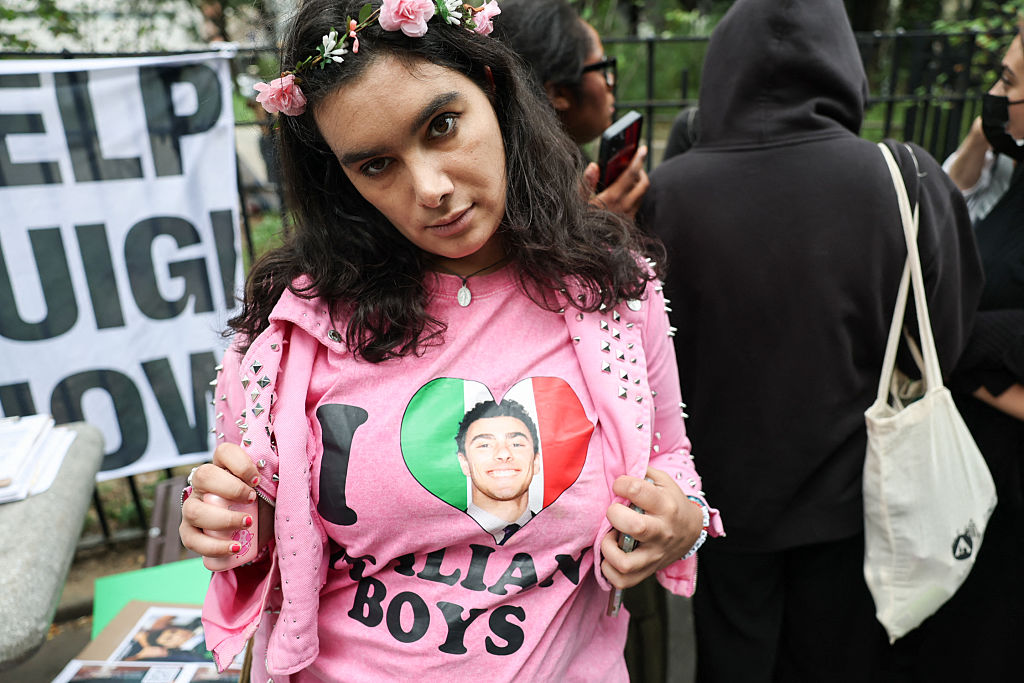Women get paid less in Hollywood. Surely the budget for the female variation on Ocean’s Eleven and Ocean’s Thirteen could have stretched to Ocean’s Twenty? Still, Gary Ross’ crime caper is right on the money. The franchise remains familiar — perhaps too familiar — but Ocean’s Eight feels fresh, with its gender-flipping of Rat Pack clichés, and an ensemble strong enough to ensure that there are at least two good female leads on the screen at any one moment, and never a man in sight.
Debbie Ocean (Sandra Bullock) is the sister of the late Danny, George Clooney’s character in Ocean’s Eleven and Thirteen. She has just spent five years’ in jail, after being framed by her partner in crime, and now ex-boyfriend, an art dealer (Richard Armitage). To pass the time, Debbie has planned a heist, and her revenge. As soon as she gets out, she finds another old partner, Lou (Cate Blanchett), and assembles a team.
The target is a massive Cartier necklace, which has to be extracted from Cartier’s vault in New York, placed on the neck of the vain movie star Daphne Kruger (Anne Hathaway) at the Metropolitan Museum of Art’s gala, and then stolen through a traditionally elaborate ruse. This means roping in a debt-ridden Irish fashion designer (Helene Bonham Carter), a mother-dominated Indian diamond appraiser (Mindy Kaling), a fence-turned-suburban mom (Sarah Paulson), a Caribbean hacker (Rihanna), and a Chinese pickpocket (Awkwafina).
The charm of Ocean’s Eleven, at least if you’re a man, is the offer of acceptance, of belonging to a cool gang who have no obligations to women, but are flirtatiously cosy with each other. Ocean’s Eight has the same bantering appeal, and some of that flirtatiousness in the friendship between Lou and Debby. The metrosexuals of Ocean’s Eleven were a group of friends, getting dressed for a night on the town, and a robbery—just like the women of Ocean’s Eight, but with stubble. But Ocean’s Eight has none of the tedious machismo that mars the last twenty minutes of male buddy-movies.
None of the stars in Ocean’s Eight demands that we take her too seriously, as the big egos of Clooney or Pitt inevitably do. Nor does Ocean’s Eight reach that heart-sinking moment when the laughter stops and we’re told to respect the action sequence, or the handling of high-ratio manual gear boxes, or George Clooney’s twinkly-eyed way with a helicopter. The heist sequence is cleverly plotted, but it’s also played for laughs, and pivots upon a reflexive joke about picky eating. Even when they are skilled criminals, the women are still women, in their eyes and other people’s eyes, for good or ill, and often for their advantage.
Rihanna, collecting information from the Met’s security firm, renders herself invisible in a janitorial jumpsuit, a black woman doing a dirty job in a white office. Blanchett, using a take-out van as a command station, must pause operations and carve a kebab for a drunken couple who have tapped on the serving hatch. Bullock, distracting a female Museum guard by arguing in German, is presumed to be doing what self-absorbed women do. Even the gang assume that Hathaway is too beautiful and vain to notice that she is being set up.
The odd token male flits diaphanously across the screen, usually performing useful manual tasks — movers of heavy objects, penguin-suited security guards, camp Cartier employees, stoned teenage waiters at the Gala dinner, know-it-all security personnel. But the men are never central enough to turn the female characters into boys’ toys in the way of Julia Roberts in Ocean’s Eleven. When the women glam up for the Gala, their outfits serve the heist plot. The real love interests are revenge and friendship, and James Corden’s third-act insurance detective appreciates Bullock’s cleverness, not her looks.
The charm of Ocean’s Eight, to this man anyway, is the mutual ease of the performances. Bullock and Blanchett know each other better than George Clooney and Brad Pitt did, and care about each other more. Bonham Carter, picking up the comical accent thread from Don Cheadle’s diabolical attempt at Cockney, does a droll Irish brogue, and Hathaway sets herself up selflessly for a send-up.
Reuben (Elliot Gould), the quasi-father of the male gang, waddles in and out in the first reel, not so much a cipher for Fifties’ Vegas as a link to the franchise. The real historical ciphers, and the real links to the golden age, are female. When we first see Lou, she isrunning a nightclub. Blanchett swaggers around her domain like Chrissie Hynde, while a giant screen move the dance floor shows Jeanne Moreau in Jules et Jim, making a break for freedom in male drag. Later, elderly actresses are cast for their roles as widows, to help sell off the loot.
Ocean’s Eight does, though, have one hangover from the Fifties’ original that should have been dropped in Soderbergh’s remake. The dolorous spirit of Sammy Davis, Jr. hangs over the division of labor. The ethnics still do the dirty work — hacking computers, chopping up necklaces, picking pockets — but the whites still do the brain work and run the gang. Hopefully the sequel — Ocean’s Five, perhaps — will rectify this, and become the first intersectional heist caper.



